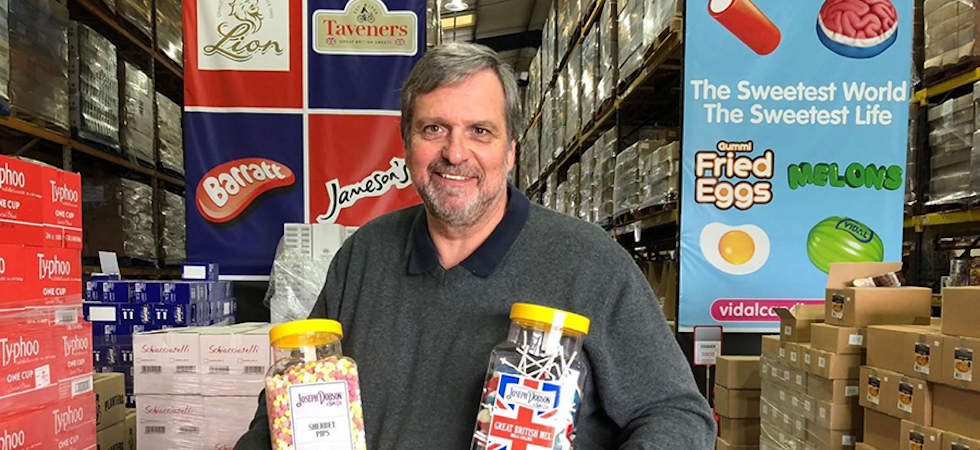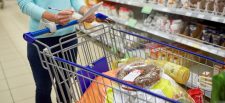Approved Food, a large online retailer of surplus food and drink, is continuing to urge shoppers to only buy what they need in the run-up to this year’s Stop Food Waste Day on April 29th.
The company estimates the amount of food thrown away by householders has risen by around 30% in the past two weeks as goods that had been stockpiled are discarded.
Much of this is fresh but it includes store-cupboard items such as rice, pasta and tinned veg, that can last for months if not years beyond their best before date.
Approved Food has campaigned for a decade for a better understanding of ‘best before’ dates on food labels, that it says leads to tonnes of perfectly good food being needlessly binned every year. The latest figures from the waste prevention body WRAP show that UK household still throw away 4.5 million tonnes of food that could have been eaten every year.
“In the four weeks leading up to the lockdown, supermarket sales were up by more than 20%, amounting to almost £2bn, the biggest sales for March in history. Shoppers made almost three additional shopping trips against what might be expected in a normal year.”
Since the outbreak of the Covid 19 virus, shoppers have been keen to stock up on tinned and dried goods as well as household cleaning products – all of which Approved Food specialises in.
This has resulted in food being thrown away needlessly, with national newspapers carrying photographs of overflowing bins in different parts of the country.
Approved Food brand spokesman Jonathan Straight said that panic-buying had left some facing empty shelves while others were throwing food away: “Few would disagree that life in the UK has changed beyond recognition. People have been panic-buying food and household products with no concern for their fellow citizens or indeed their own wellbeing,” he said. “The elderly and vulnerable have found shelves bare and NHS workers returning from long shifts caring for the sick have found nothing to eat. Staples like pasta, toilet roll and hand sanitiser have been unnecessarily stockpiled as if the world was about to end.
“In the four weeks leading up to the lockdown, supermarket sales were up by more than 20%, amounting to almost £2bn, the biggest sales for March in history. Shoppers made almost three additional shopping trips against what might be expected in a normal year.
“Big retailers were slow off the mark with rationing and online shopping quickly went into meltdown. The industry was unprepared, did not have suitable contingency planning in place and took far too long to react.”
He said that while store cupboard essentials will keep for months, if not years, fresh items such as fruit and vegetables, bread and dairy will not. Evidence of this food being binned by irresponsible householders is now coming to light.
“We are seeing images posted online of overflowing bin loads of uneaten food which has been disposed of,” he added.
“Information from my friends at the Wakefield Sharehouse, a social enterprise distributing repurposed food, suggests a similar trend with their refuse contractors claiming a 30% increase in food waste tonnages in recent days.
“For people to buy this food when they didn’t need it is despicable, especially when others have gone short. To then throw it away is unforgivable. Food is precious, if not eaten it should at least be preserved by freezing, or if the freezer is full, using other forms of food preservation, like pasteurising, making use of old jam jars.
“The sting in the tail is now that people will likely be overstocked with everything other than fresh goods. This, and the lessening of people moving around, is likely to result in low sales of these goods from stores going forward. Fresh items will still be needed but these are increasingly becoming available from wholesale suppliers who will now supply domestic customers too. Supermarkets have new competitors they had never previously considered a threat.
“This crisis is highlighting both the best and the worst of British society. My message is simple. Buy what you need, eat what you buy and preserve anything that is left over. We owe this to ourselves and to each other.”









